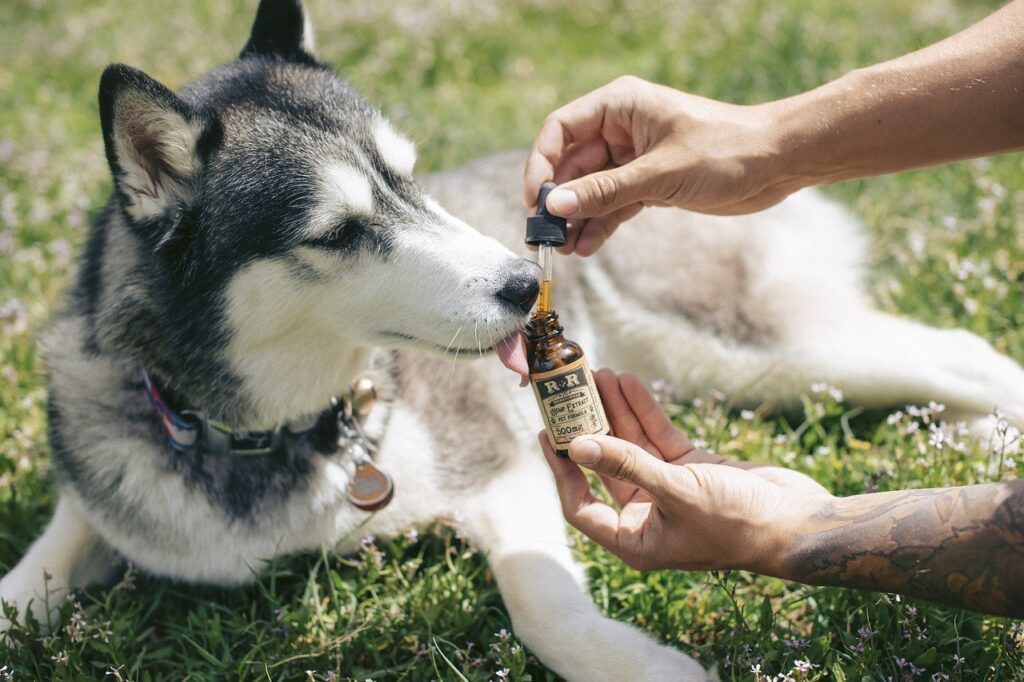Cannabidiol, abbreviated as CBD, is one of the most effective therapeutic substances ever to have come out of the cannabis plant. Ever since the first health benefits of CBD were officially documented, the substance has gone ahead to garner incredible popularity, especially in the health and wellness quarters.
CBD can help to prevent, as well as treat or manage a wide spectrum of diseases. Experts mostly recommend it for conditions that manifest in pain, anxiety, inflammation, or seizures. The cannabis extract can also help to relieve insomnia, boost appetite, elevate the mood, and increase energy levels.
How Popular Is CBD?
CBD isn’t only popular in the health and wellness industry. The substance has since been incorporated into various other sectors as well.
For instance, the food and beverage industry now manufactures various kinds of CBD-infused edibles such as weed gummies, as well as CBD-infused drinks. There are also plenty of CBD-enriched beauty and skincare products. Professional athletes and workout freaks looking to optimize their exercises can use CBD-based sports supplements and pills (that are easy to take) to supercharge their performance in the gym or on the tracks. That’s the reason why we love CBDfx CBD pills
And now, most recently, the pet care industry has also joined in the long list of sectors that are already reaping the health and nutritional benefits of cannabidiol. But before you introduce your furry friends to CBD, there are several things you must know.
Here’s a comprehensive guide on CBD for animals.
CBD Works for Animals the Same Way It Works for Humans
Like humans, animals also have an endocannabinoid system (ECS). The endocannabinoid system regulates the normal body homeostasis. Some of its functions include the treatment of pain, relief from anxiety, alleviation of inflammation, regulation of circadian rhythms, etc.
The ECS consists of endogenous cannabinoids, endocannabinoid receptors, and various hormones that help to restore the normal homeostatic balance.
When you administer cannabidiol to an animal, the cannabinoids (known as phytocannabinoids) enter the animal’s ECS and impact the activity of its endogenous cannabinoids and even a drop of CBD oil works wonders.
CBD affects how the animal’s natural cannabinoids bind to the two most common endocannabinoid receptors – CB1 and CB2 receptors. In doing so, cannabidiol enhances the efficiency of the animal’s endocannabinoid system. That translates to a faster relief from pain, anxiety, inflammation, seizures, and many other abnormal conditions.
CBD Can Treat Different Diseases in Animals
As we’ve just highlighted, CBD interacts with the body of animals the same way it does with the human body. So, it doesn’t come as a surprise that the substance can help to manage a wide range of conditions.
The following are five major medical conditions in animals that CBD can help with;
- Pain
Pain is unarguably the primary reason why people by CBD topicals from CBDMEDIC. The substance relieves pain by impacting the ability of the animal’s endogenous cannabinoids to bind to pain receptors.
Various studies conducted on the analgesic effects of CBD have delivered some positive findings.
- Spasticity
Muscle spasms is another major condition in animals that cannabidiol can help to treat or manage. In humans, CBD has been shown to help reduce the symptoms of spasticity in patients with Multiple Sclerosis.
We can easily extrapolate these findings to animals, considering that we both share the same body chemistry as far as the endocannabinoid system is concerned.
- Anxiety
Like humans, animals also suffer from various kinds of anxiety disorders. The most common form of anxiety in animals is separation anxiety. This condition is prevalent among pets and other young animals that are deeply attached to their human parents.
Separation anxiety results from a prolonged absence of the animal’s owner, especially if the owner doesn’t take adequate measures to ensure their pets stay physically and mentally stimulated during their absence. The condition manifests in aberrant behaviors, such as excessive chewing, growling, snapping, etc.
Besides separation anxiety, animals can also suffer from various anxiety disorders that affect humans, such as panic disorder, post-traumatic stress disorder, etc. Fortunately, CBD can treat anxiety, thereby helping to calm down your furry friend. Research on animal models hails CBD for its incredible anti-anxiety and antidepressant effects.
- Sleep Disorders
CBD can relieve the symptoms of post-traumatic stress disorder, which is one of the common concerns among animals with sleep disorders. Also, CBD can erase the Rapid Eye Movement (REM) phase of sleep.
REM phase is that stage in sleep where animals experience the most dreams. By erasing this stage, an animal dreams less, which translates to longer sleep.
- Nausea
Last but not least, you can incorporate CBD into an animal’s diet to relieve nausea and boost appetite. That’s especially true for animals that are recovering from a surgical operation or ones that are on appetite-suppressing medications.
There Are Various Methods to Consume CBD
There are five major methods to consume CBD, including:
- Administering CBD oil tinctures sublingually,
- Applying CBD-based topicals,
- Vaping CBD juice,
- Swallowing CBD pills
- Eating CBD gummies.
If you live by the mantra Plantsbeforepills and hesitate in giving your furry pal OTC medicines each time it falls ill try giving it CBD products specially formulated for pets. You can order a low potency CBD oil, to begin with.
CBD tinctures come with the highest bioavailability compared to all the other methods of consumption. However, if you’re dealing with a skittish animal, you might consider CBD edibles.
CBD Has No Ideal Dosage
When it comes to CBD for animals, there is no ideal dosage. How much CBD you give to an animal depends on the animal’s body chemistry, size, body weight, and method of CBD administration.
The convention is to start low and work your way up slowly till you relieve the condition you’re trying to treat.
In humans, CBD comes with minimal side effects. However, the case is a little different from animals, especially if the animal is a carnivore, such as cats and dogs.
Being a plant-based compound, CBD might cause some gastrointestinal issues for carnivorous animals, including vomiting, loss of appetite, diarrhea, and dehydration. The good news, though, is that the side effects of CBD are mostly mild and short-lasting.
CBD is as effective for animals just as it is for humans. But when introducing your animals CBD, remember the cardinal principle – start low and work your way up slowly.


